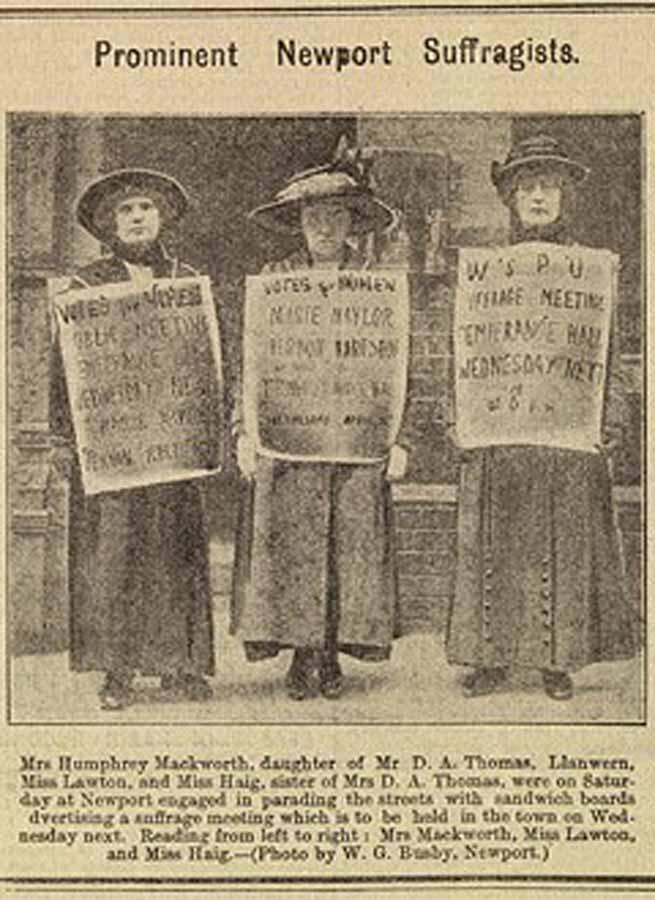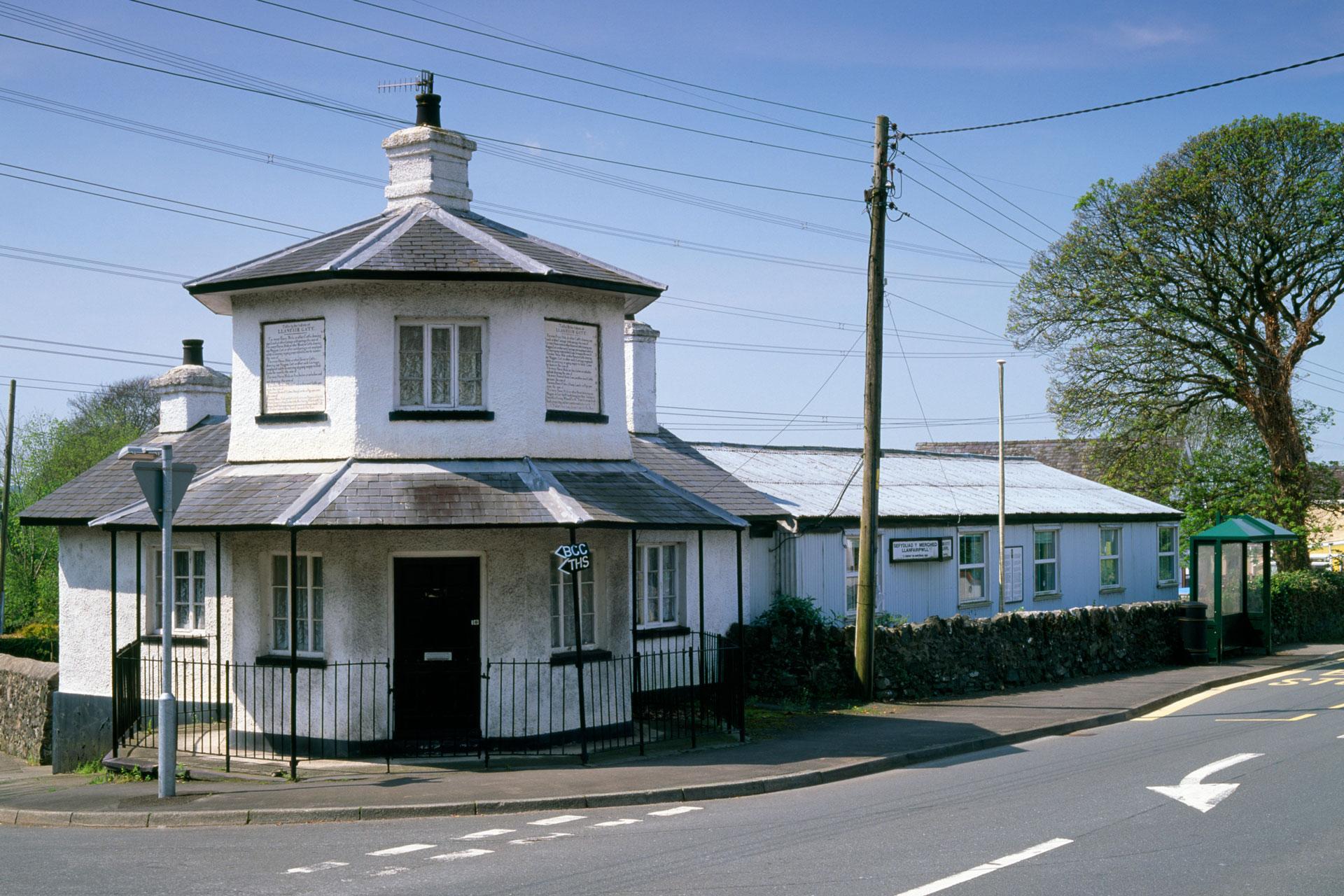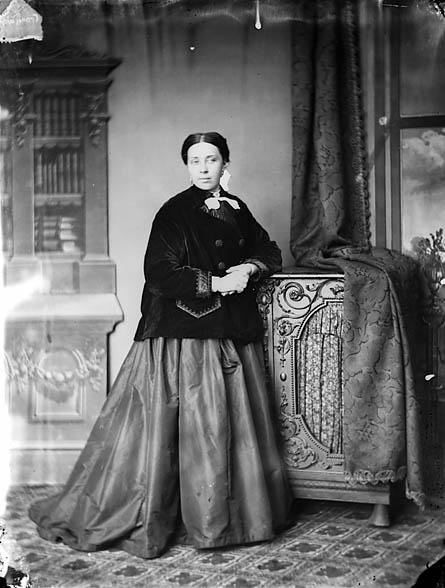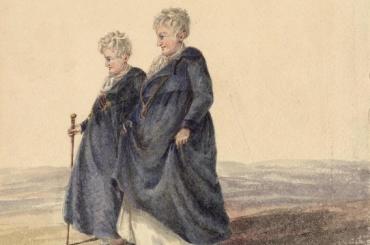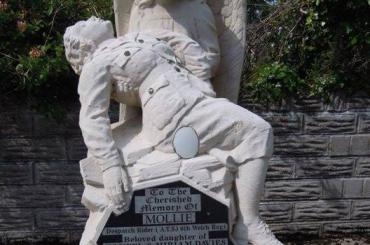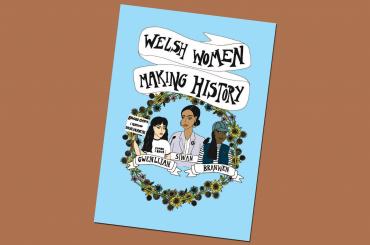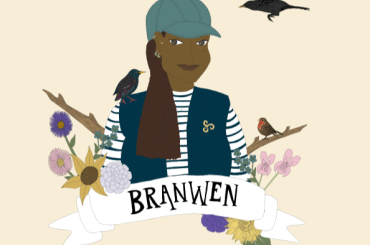Women in Welsh History
There have, of course, always been notable women in Welsh history but all too often their stories are not easy to find.
Historically this was not helped by long-standing assumptions about gender roles, which profoundly influenced the writings of academics, archaeologists, and historians.
Most of us are aware of the famous Suffragette movement and women’s fight for equality in the 19th and 20th centuries, and that campaign was well-represented in Wales. Eventually, of course, women gained the right to vote, and successive pieces of legislation brought about equal rights – in theory, anyway. But it can take many lifetimes for a society to fully embrace change, especially where very long-standing attitudes and ideas are being challenged.
Margaret Haig Thomas campaigning on the streets of Newport in the early 1900s. © National Museum Wales. People’s Collection Wales.
We want to tell some of these women’s stories, from the earliest to the more recent. We want to shine a light on some of the extraordinary women who bucked the trend, and some of the places associated with them. Very often they fought the establishment and dared not only the disapproval of society but gambled with losing their home, income and alienating their own families.
There are plenty of places associated with women’s history — here’s a couple to get you started. How many more can you think of?
The hall attached to the toll-house at Llanfairpwll, Anglesey – the location for the first W.I. in Britain, formed in 1915 and initially focused on producing food for the war effort.
Toll-house at Llanfairpwll, Anglesey. © Mick Sharp / Alamy Stock Photo.
In St Cranog’s churchyard, Llangranog, is a memorial to Sarah Jane Rees, 1839-1916. She made history by not just going to sea with her father, but also qualifying to become a master mariner in her own right. She was a headteacher aged just 21, and also taught navigation skills to local sailors. Writing under the name ‘Cranogwen’, she became the first female poet to win a prize at the Eisteddfodd and went on to edit a Welsh language women’s magazine. Cranogwen lived openly with her partner, Jane Thomas, for the last 20 years of her life.
Sarah Jane Rees. © The National Library of Wales. People's Collection Wales.
If you’re looking for a study room in Aberystwyth University, you may find yourself in the Iris de Freitas room. This was named after her in 2016, after her story came to light. Born in British Guiana (now Guyana), Iris de Freitas came to study at the university in 1918. She studied botany, Latin and law and gained her BA in 1922 and her LLB (Bachelor of Law degree) in 1927. When she returned home to the Caribbean she became not just the first woman to practise law there, but also the first one to prosecute a murder trial.
